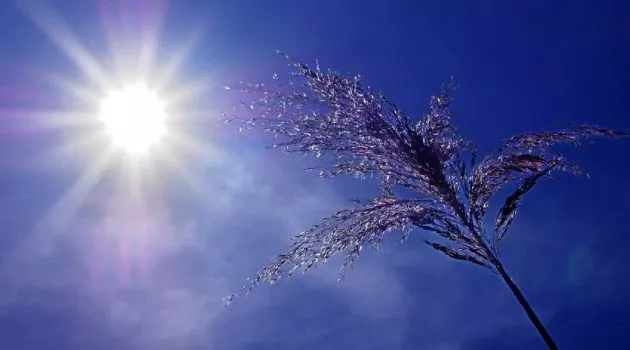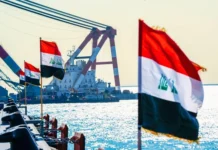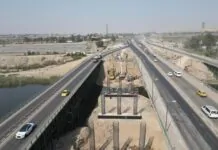The Green Climate Fund (GCF) has approved $134 million in funding for two transformative projects to support adaptation and improve the climate resilience of vulnerable agricultural communities in Somalia and Iraq. It calls this decision a landmark one.
Millions of pastoralists and farmers will be empowered by these initiatives, led by the Food and Agriculture Organization of the United Nations (FAO), to cope with the growing effects of climate change, such as droughts, floods, and a lack of water.
Kaveh Zahedi, Director of the FAO Office of Climate Change, Biodiversity, and Environment, praised the development, stating:
“FAO is extremely pleased to have been chosen by Somalia and Iraq to support them in their first single-country investments in climate change.” “By empowering vulnerable communities with the knowledge, tools, and technologies needed to adapt, we are investing in agrifood solutions that bring food security, support livelihoods, and help countries confront climate change,” says FAO. “These two projects exemplify FAO’s commitment to climate action through transforming their agriculture, especially by building resilient and sustainable agricultural systems in vulnerable and fragile contexts.”
The GCF Board held its forty-first meeting in Songdo, Incheon, Republic of Korea, from October 21 to 24, making the new announcements.
The following statement was made by the FAO regarding the Iraqi project:
The “Strengthening Climate Resilience of Vulnerable Agriculture Livelihoods in Iraq’s Rural Communities” (SRVALI) project will receive a $29.25 million grant from the GCF, with a total project value of $38.95 million ($9.7 million in co-financing) in Iraq, a country struggling with rising temperatures and dwindling water resources amid the rebuilding of political stability. This project, which will last for six years and be led by FAO, will focus on making it easier to use water, encouraging climate-resilient agriculture, and giving women the tools they need to make a difference in their communities.
The SRVALI project focuses on three governorates in Iraq to address the rising water and food security issues brought on by climate change: Muthanna, Najaf, and Karbala Due to their arid climate, limited arable land, and reliance on agriculture, these regions are particularly vulnerable.
Jasim al Falahi, a technical deputy minister in the Ministry of Environment, stated, “We are very pleased to implement this project, which will enhance the climate resilience of agriculture households in Iraq’s rural communities and support Iraq’s climate change policy.” With more effective and improved water distribution systems, the project will fundamentally transform Iraq’s agriculture sector, making it more climate-resilient, equitable, and sustainable.”
To increase crop yields and water efficiency, the project will introduce climate-adaptive infrastructure and farming practices. Upgrades to irrigation canals, the installation of solar panels on farmland, instruction in climate-resilient farming, and women’s empowerment through knowledge of climate adaptation measures are key activities. Over 121,000 hectares of farmland will be managed in a climate-resilient manner as part of the project.
The initiative is anticipated to have a significant impact on Iraq’s food security and livelihoods by increasing rural households’ climate resilience. It will provide employment opportunities for people who have been internally displaced and will directly benefit 2 million people, half of whom are women.
The project also aims to spread knowledge and encourage sustainable development in general. The project aims to incorporate climate-resilient technologies and methods into agricultural programs and policymaking by collaborating with Iraqi ministries and universities. This will assist in expanding efforts to adapt to climate change across the nation and may even lead to the replication of successful strategies in other nations in the region.





